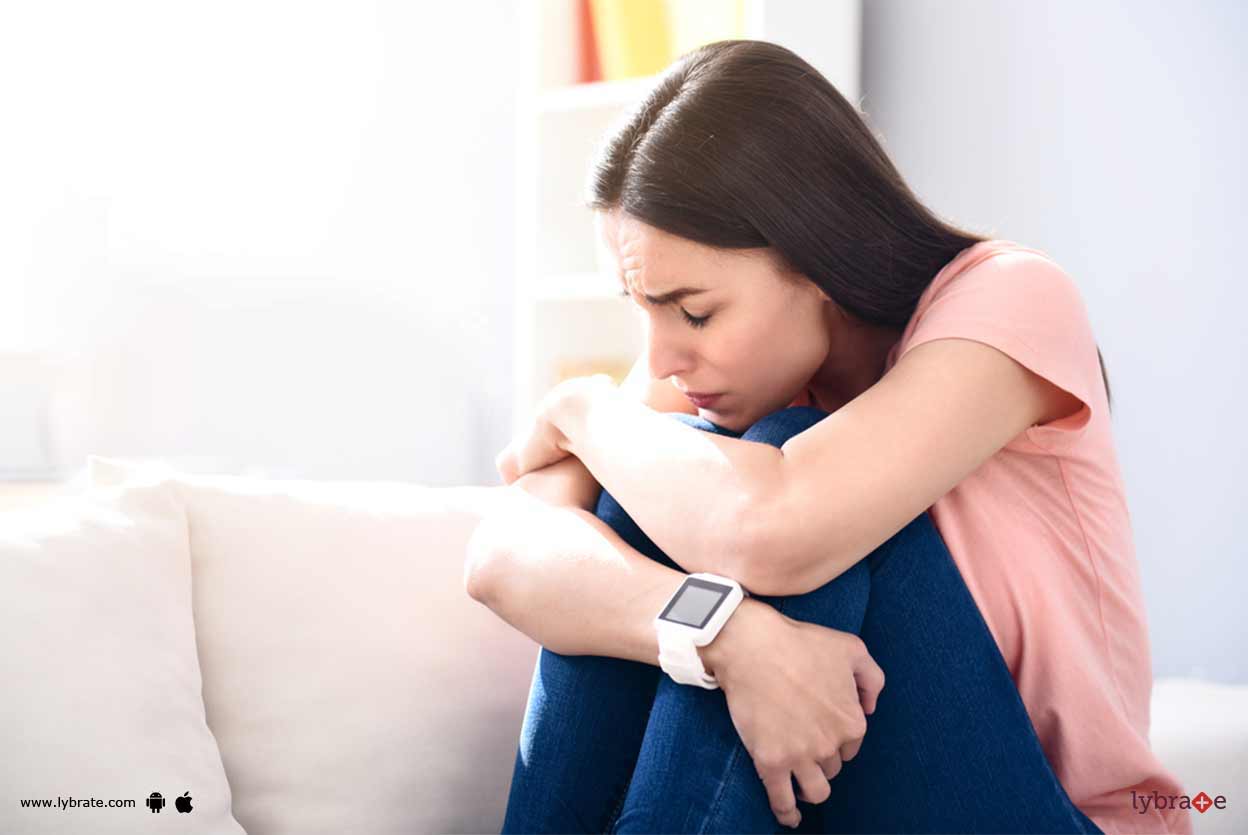Why It Bleeds Excessively During Menses?
Menstruation is the monthly discharge of blood from the vagina, which lasts for about 5 to 6 days. It is the shedding of the inner lining of the uterus, when pregnancy does not occur after the release of egg from the ovary. Menstrual periods are generally often accompanied by painful cramps in the lower abdomen, heavy bleeding, weakness, water retention, irritability and malaise.
What is Menorrhagia?
Very heavy or prolonged periods are medically termed as menorrhagia. It is abnormally heavy bleeding if there is a requirement to change sanitary napkins or tampons several times within a very short span of time. Passing large blood clots, night-time bleeding, bleeding for over 7 -8 days, are other symptoms that one might be suffering from menorrhagia.
Common Causes Behind It
-
Anaemia and hypothyroidism is a common cause.
-
Fibroids, cysts or polyps in the organs of the reproductive system, which includes the uterus, ovaries or fallopian tubes.
-
History of miscarriage or failed pregnancies.
-
Menorrhagia is mostly a cause of hormonal imbalance, particularly in the levels of estrogens and progesterone.
-
Few cases of the CuT device can cause it, not all contraceptive
How can you treat heavy bleeding during menses
-
You are at greater risk of getting Anemia if you periods are heavy. So, it is always wise to get iron supplements after consulting your doctor.
-
Change of diet: You must include more minerals, iron, magnesium and calcium in your diet. Your diet must comprise a lot of green vegetables, fresh fruits and dairy products.
-
Longer menstrual periods with a heavier flow and more cramps can be a sign of hypothyroidism, where thyroid hormones are in short supply. It replaces the hormones normally made by your thyroid, and it can cause changes in your period. However, it is always recommended to consult your doctor before taking any medications.
-
Some non-steroidal anti-inflammatory drugs such as ibuprofen may be prescribed to reduce the blood loss.
-
Certain hormonal therapies to regulate the hormonal imbalances and menstrual irregularities.
If the bleeding cannot be controlled even after a change of diet and home remedies, you must visit the gynaecologist as soon as possible. Heavy bleeding is a serious problem, especially if accompanied by dizziness, fluctuations in the blood pressure, nausea and weight loss. Severe cramps and constant bleeding can hinder daily routine, therefore, the earlier you receive medical attention, the quicker you will get relief.



+1.svg)
